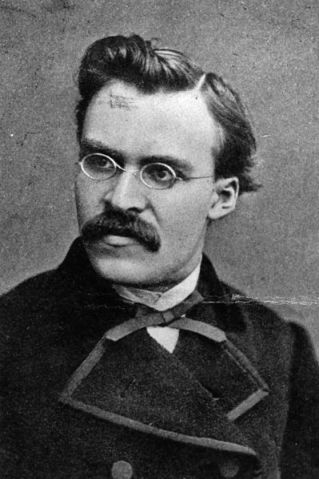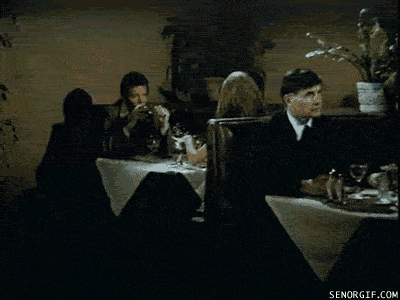As part of my Global Challenges module, I ask students how they would convince someone they were from the year 2013 if (you can be as elaborate with the SF scenarios as you like here) they were transported back a couple of thousand years to ancient Rome. I invoke Terminator Rules so they cannot take any artifacts or technology with them.
One of the reasons I found Pinker’s recent time traveling thought experiment so amusing is because most people are hopeless at coming up with an explanation that doesn’t require existing knowledge or not be so beyond local knowledge as to be meaningless. OK, so you’re going to tell them about computers? Can you explain von Neuman architecture, a Turing machine or just a logic gate? The Earth is round and orbits the Sun. Can you prove that? How could they understand your explanations and proofs?
The total sum of human knowledge is increasing at an exponential rate. It’s impossible to cram more knowledge into our brains over the course of a single lifetime. So each new generation is knowing much less about what is collectively known. Back in 1978 James Burke pointed out during the absolutely superb Connections series that everyday technology such as lifts were sufficiently complex as to be beyond the average person’s understanding. If I say that to someone in 2013 the typical response is ‘Duh! Of course. Are you a bit simple?’. We take it for granted that much of what goes on is, if not magical, then deeply mysterious. In principle we could find out how it worked. But in principle we could eat less and do more exercise.
After we spend half an hour brainstorming I flip things around and show them this sketch from Mitchell and Webb (the Italian subtitles are a bonus).
Knowledge is a product of its times. Take too large a leap and you risk being judged not a genius but a lunatic. When I (very regularly) receive rejection letters I try to remember Neitzsche’s observation that “the higher we soar, the smaller we appear to those who cannot fly.” Uhu, so you’re a genius are you? Can you prove that? Well, if I had a time machine…


